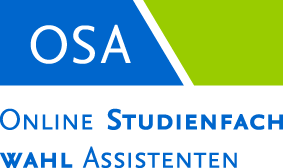Speaker: Prof. Christopher Heurlin
Abstract: Strong authoritarian institutions are the cornerstone of authoritarian durability. In particular, three sets of authoritarian institutions are important: parties, states, and militaries. Yet the originsof such institutions are less widely understood. I examine the question of why some authoritarian regimes develop relatively strong authoritarian institutions, while in others authoritarian institutions remain relatively weak through an analysis of a subset of regimes: communist regimes in the developing world. Through case studies of China, Vietnam and the People’s Republic of Kampuchea (Cambodia), I argue that international aid—particularly communist aid—has played an instrumental role in the consolidation of authoritarian institutions in communist regimes, but that the impact of communist aid is contingent on both party strength, as well as the amount of aid. Party strength, in turn, is predicated on pre-revolutionary subnational territorial control.
Drawing primarily upon evidence from the East German Foreign Ministry archives, I argue that communist aid enhanced institutional capacity in communist regimes in four ways. First, aid extended state control over the economy and in particular facilitated the construction of a centrally-planned economy dominated by state-owned enterprises (SOEs). Second, aid deepened state leverage over urban workers in the SOE sector. Third, aid enhanced state fiscal capacity by allowing regimes to extract rents from SOEs. I characterize the process of these three mechanisms as “resource-intensive state building.” Fourth, military aid enhanced the coercive capacity of the military. The nature of communist economic aid—which was typically either turnkey industrial projects or commodity aid—meant that only when there was institutional complementarity between both donor and recipient would these institution-strengthening features be realized. This finding challenges the conventional wisdom that aid is useful primarily because it is a fungible source of patronage.
Short Bio: Christopher Heurlin is chair of the Asian Studies Program and Associate Professor of Asian Studies and Government at Bowdoin College. He is the author of Responsive Authoritarianism in China: Land, Protests and Policy Making (Cambridge University Press, 2016). His research has appeared in International Studies Quarterly, Modern China, Journal of Contemporary China, and VOLUNTAS.
Zeit & Ort
23.05.2022 | 12:15
Fabeckstr. 23-25 (Holzlaube), 14195 Berlin, Room 2.2058



